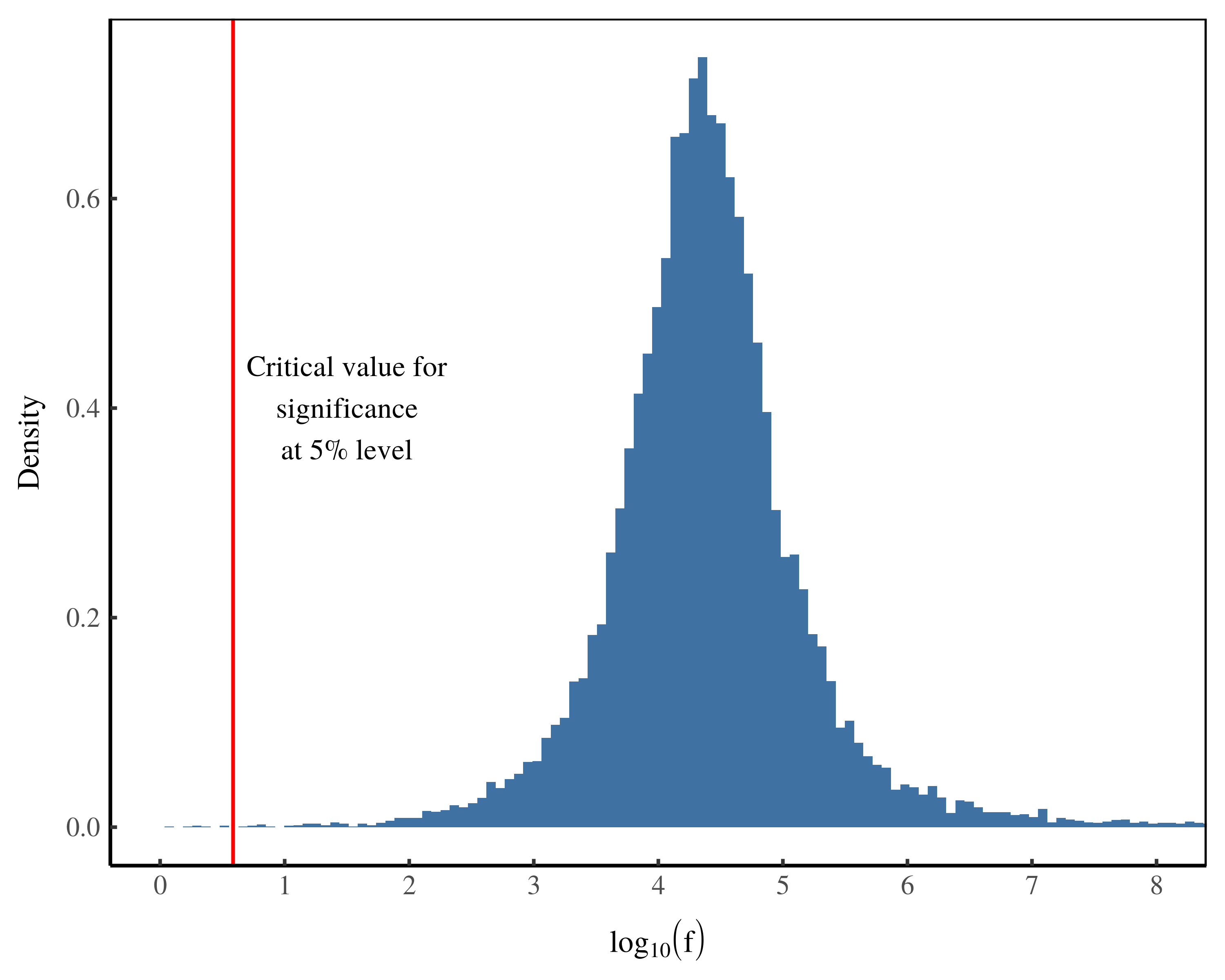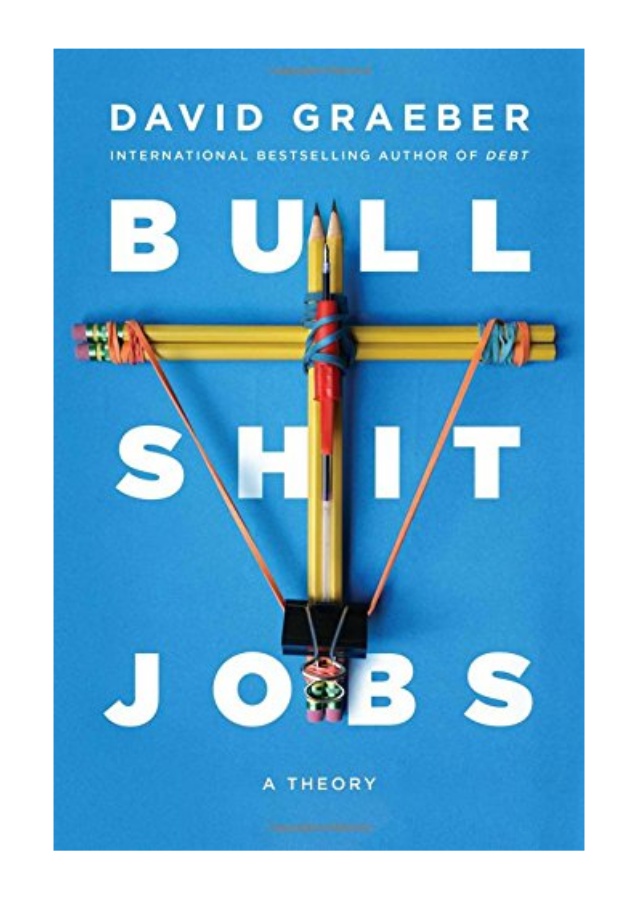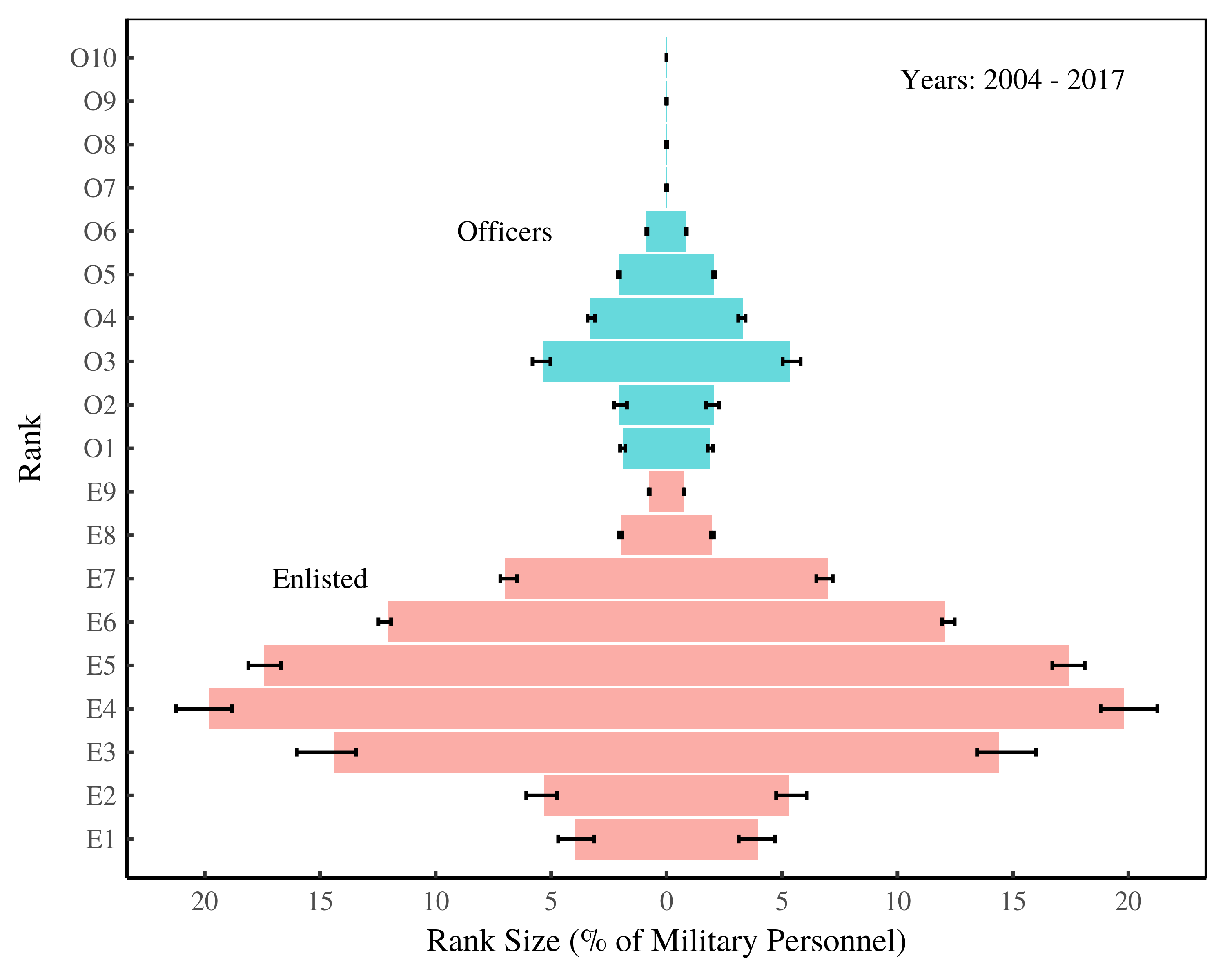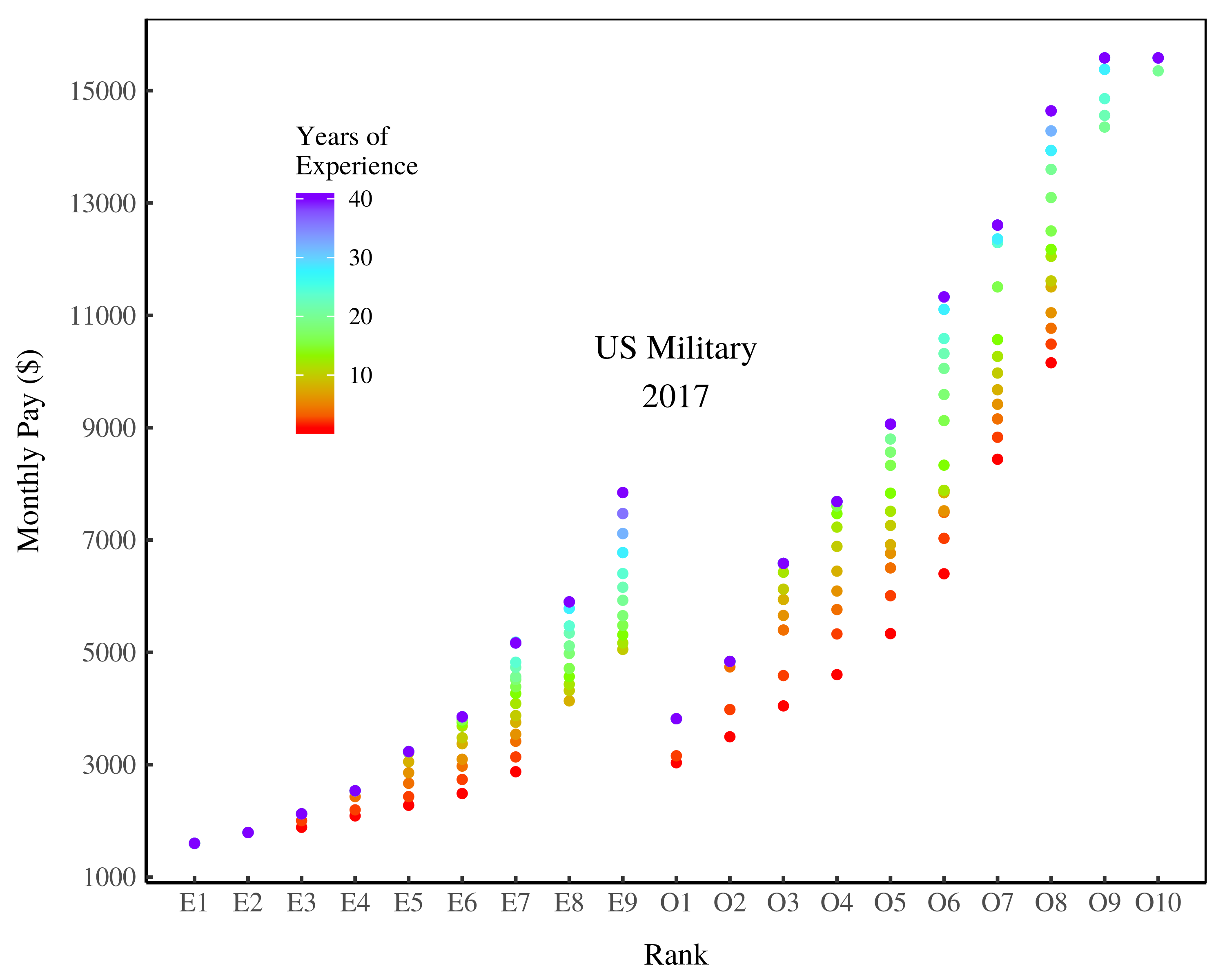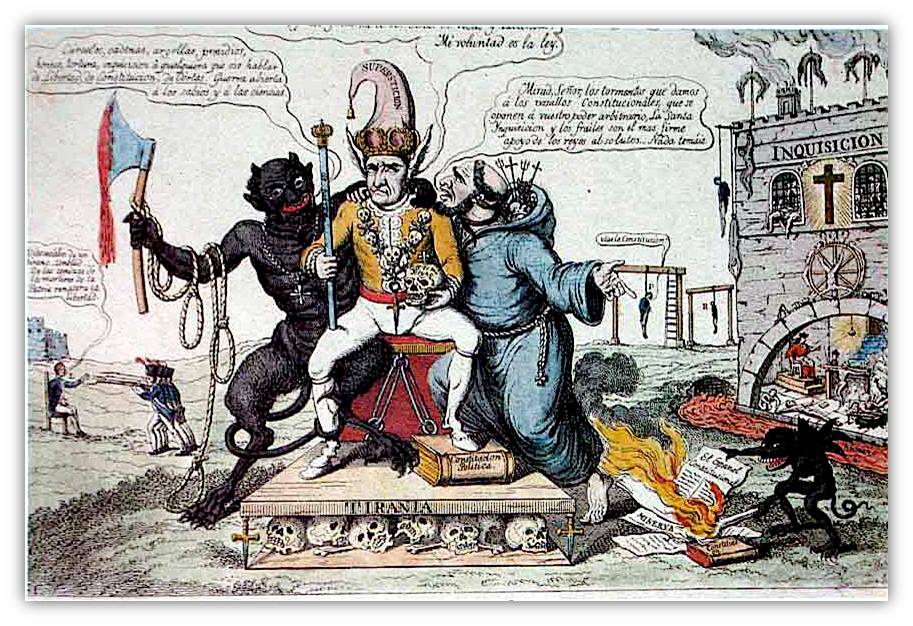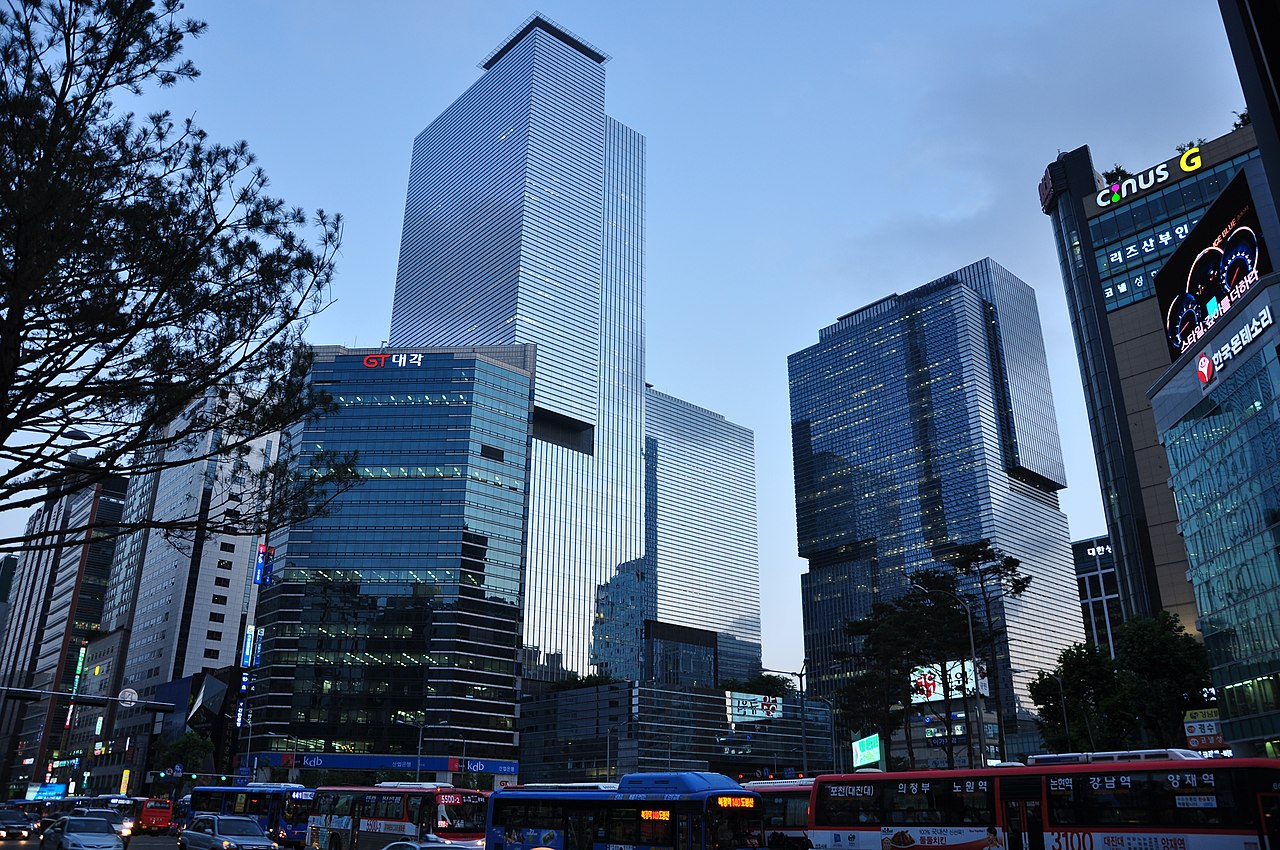Originally published on Economics from the Top Down Blair Fix Today I’m going to revisit a topic that a month ago I committed to stop writing about — the productivity-income quagmire. Neoclassical economists argue that income is proportional to productivity. The problem is that they have no way of measuring productivity that is independent of […]
Continue ReadingUnderstanding Income: You Can’t Get There from Here
Originally published on Economics from the Top Down Blair Fix You can’t get the right answer when you ask the wrong question. This truism, I’ve come to believe, explains much of what is wrong with economics. When it comes to studying income, economists ask the wrong question. Economists, I argue, have mostly asked: is income […]
Continue ReadingThe Productivity of Bullshit Jobs
Originally published on Economics from the Top Down Blair Fix I recently read David Graeber’s book Bullshit Jobs: A Theory. If you’re not familiar, David Graeber is the anthropologist who wrote Debt: The First 5000 Years, a seminal book on the history of money and credit. In Bullshit Jobs, Graeber takes aim at pointless work. […]
Continue ReadingThe Power Ethos in the US Military
Originally published on Economics from the Top Down Blair Fix In How Hierarchy Can Mediate the Returns to Education I examined the pay structure of the US military. I found that hierarchical rank is (by far) the strongest determinant of military pay. Here I want to show you that there is a regularity to military […]
Continue ReadingHow Hierarchy Can Mediate the Returns to Education
Originally published on Economics from the Top Down Blair Fix In The Social Environment as a Cause in Economics I argued that human behavior has two parts: Individual variation An environment that acts on this variation To illustrate these two parts, I used the example of the peppered moth. This species comes in two colors […]
Continue ReadingThe Tyranny of Meritocracy
Originally published on Economics from the Top Down Blair Fix Like many Canadians, I grew up with a faith in meritocracy. Do your best, I believed, and the world would reward you. In school, this idea seemed self-evidently true. I worked hard, and was rewarded with good grades and praise from teachers. And those students […]
Continue ReadingPark, ‘Dominant Capital and the Transformation of Korean Capitalism: From Cold War to Globalization’
Abstract After the 1997 financial crisis, the neo-liberal restructuring of the Korean political economy accelerated dramatically. While there is a general consensus that the reform has had negative consequences for Korean society, heated debates continue over the culprits of the 1997 crisis and the changes that followed in its wake. Major opinions have largely coalesced […]
Continue Reading
